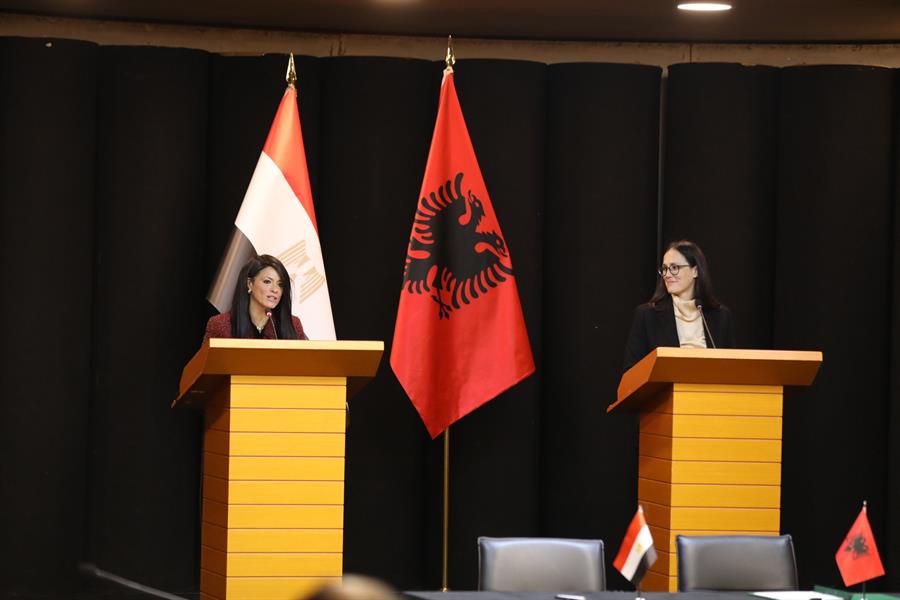Egypt’s Planning Ministry , ESCWA join a workshop on integrating SDGs into national planning operations

08 September 2023
The Ministry of Planning and Economic Development, represented by the Sustainable Development Unit, participated in a virtual workshop in a session on "Experiences of Integrating Sustainable Development Goals into National Plans and Policies" organized by the United Nations Economic and Social Commission for Western Asia (ESCWA) under the title "Integration of Sustainable Development Goals in National planning processes in the State of Palestine”.
The session aimed to open a space for discussion about the experiences of countries - which included Egypt, Zambia and Palestine - in the national planning process and how to integrate sustainable development goals at the national and local levels into this process with the aim of achieving the desired comprehensive development.
During the workshop, Ms. Alia Khaled, Senior Policy Analyst at the Sustainable Development Unit at the Ministry of Planning, reviewed the Egyptian experience and the efforts exerted towards localizing the sustainable development goals at the local level and the approach adopted by the Ministry of Planning represented in a "bottom-up” approach" with the aim of effectively integrating the local level in a good planning process.
Alia Khaled referred to Egypt's experience in the process of preparing the three local voluntary reports for the governorates (Fayoum, Beheira, and Port Said) as the governorates of the first phase, which were already presented at the high-level political forum for sustainable development at the United Nations in New York last July.
This was done in cooperation with all governorates, ministries, concerned authorities and the United Nations Development Program (UNDP).
The preparations of the local voluntary reports included many field visits and participatory workshops in the governorates with the various stakeholders concerned with the aim of building the capacities of local cadres in this field.
Alia Khaled pointed out the most important recommendations and results of those reports aimed at accelerating the achievement of sustainable and comprehensive development in those governorates, and how to take them into account and integrate them into national plans.
She also referred to the Egyptian Governorates Competitiveness Index, which was launched last June in cooperation with the Cabinet’s Information and Decision Support Center, the Central Agency for Public Mobilization and Statistics (CAPMS) and the United Nations Economic and Social Commission for Western Asia (ESCWA), and with the support of the “Macroeconomic Reform and Stabilization” (MESR) project funded by From the US Agency for International Development (USAID).
This indicator represents a tool for improving the policies followed in the governorates, with the aim of paving the way for increasing the productivity of the governorates, providing an appropriate environment for investment, and thus enhancing economic growth through regional integration and contributing to national development and competitiveness.
During the workshop, Alia Khaled highlighted the financing equation for the Egyptian governorates that was established by the Ministry of Planning and Economic Development with the aim of fair and objective distribution of public investments between the different governorates, taking into account the different social and economic characteristics and circumstances of each.
Alia Khaled referred to the interest that the Egyptian state gives to localizing sustainable development goals at the local level and meeting the needs of the citizen to achieve the desired development.









